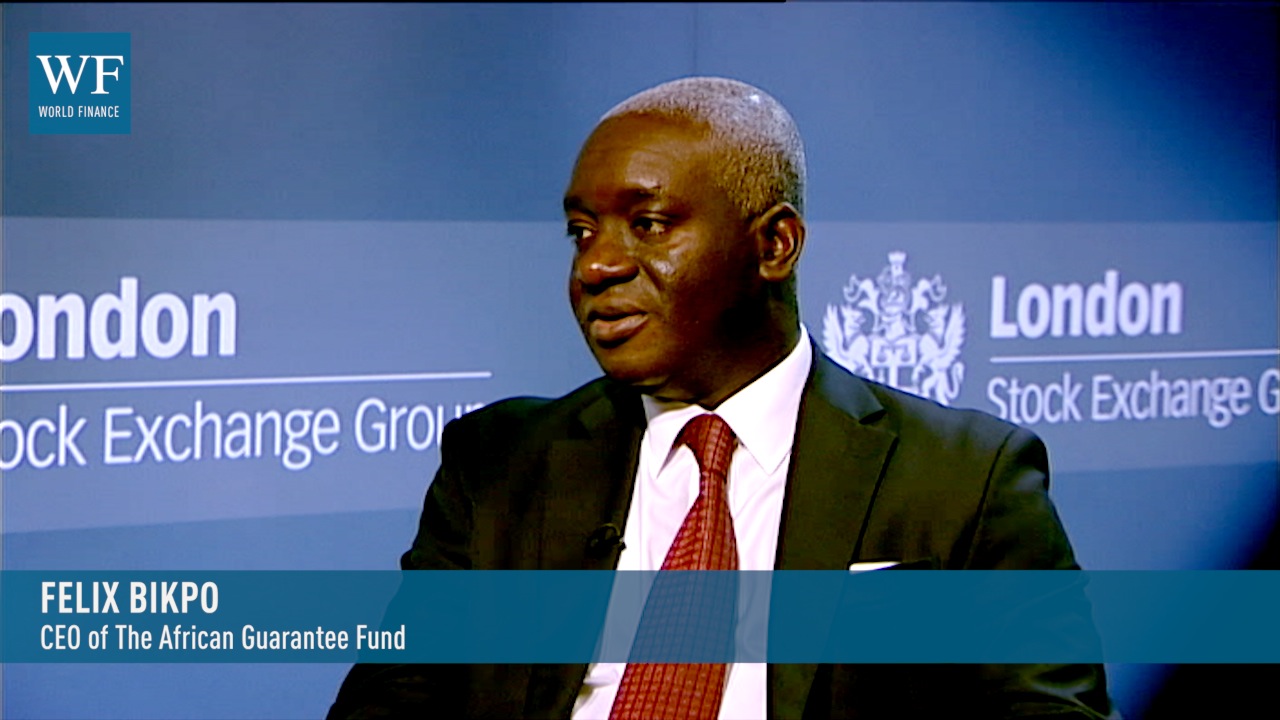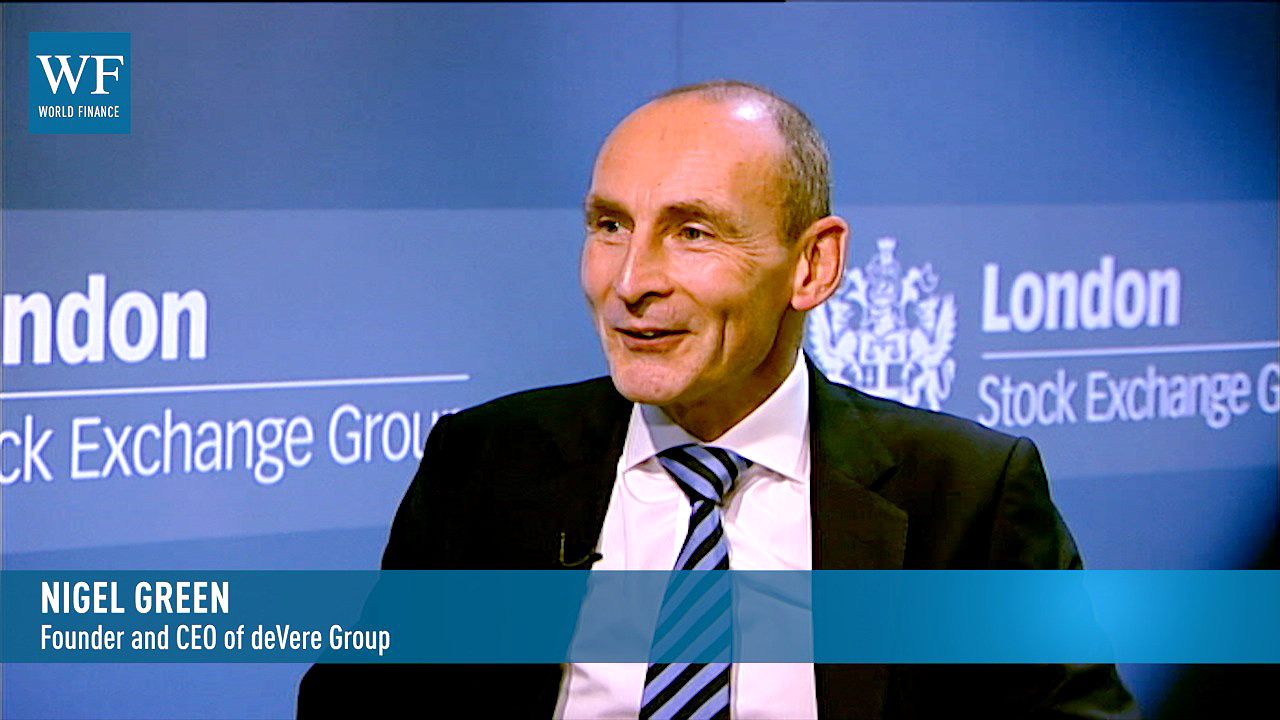Africa’s 56 million missing homes: Shelter Afrique confronts the crisis
'The biggest challenge in Africa is affordability,' says Andrew Chimpondah. 'We need to have products that the majority of Africans can afford'
Related:
Transcript
Shelter Afrique is a pan-African development finance institution, funding low cost, high volume housing in 44 countries across the continent. According to its centre of excellence, there is an urgent crisis in urban housing, with 56 million homes needed in African cities – and that number is growing year-on-year. Andrew Chimpondah explains how Shelter Afrique forms public-private partnerships with governments in order to create homes that cost in the region of $20-30,000 – homes that the majority of people can actually afford.
World Finance: Andrew, how urgent is the need for more urban housing in cities across Africa?
Andrew Chimpondah: Yeah, thank you Paul for the opportunity. I think for us as Shelter Afrique, we view the need for housing as a crisis. We have our centre of excellence that has estimated the shortage of housing at 56 million units throughout the whole of Africa. 56 million units!
And the biggest challenge in Africa is affordability. We need to have products that the majority of Africans can afford. And we do that through the creation of public private partnerships, so that we can achieve development impact.
World Finance: Tell me more about these partnerships – how is Shelter Afrique tackling this housing crisis?
Andrew Chimpondah: So we at Shelter Afrique have realised that for you to get a low-cost house, you need to enter into a partnership with the governments, the 44 governments that are members of Shelter Afrique. That they provide land, and possibly infrastructure support or subsidies; then we can provide funding for the top structure, so that the end result is a house that costs in the region of $20,000-30,000.
We also use that as a way of influencing the policies, the housing policies in our member states so that they provide an enabling environment to create sustainable public-private partnerships.
And then lastly we also have a trade finance product, to also fund countries that want to import building materials like cement, also building materials, to support their house construction.
World Finance: Now I know that you’re working on a number of bond issuances – half a billion US dollars in Nigeria; the same in east Africa, as well as a bond for Francophone Africa – with that funding in place, what can we expect going forward?
Andrew Chimpondah: Going forward what you can expect is that we have now built a pipeline of housing projects in the region of $1bn. Now we need to make sure that we fund that pipeline. That’s very important for us. So we want to look, going forward we want to see our assets under management growing; we want to see ourselves being able to support that pipeline.
And I think more importantly, we are looking forward to the 20th to 26th June, where we are holding our 40th anniversary in Yaoundé in Cameroon, where we’ll be able to promulgate the Yaoundé declaration in terms of 40 years in housing. How have the policies in the member states been effective, and if not, what changes do we need to make in terms of the policies? And you’ll be glad to know that we collaborate with the UN Habitat, we collaborate with the United Nations Economic Commission for Africa, where we’re actually developing a model, a law, which is a benchmark of housing policy that should create an enabling environment to support the growth of low-cost, large-scale housing.
Last but not least we’re pleased to report in our audited financial results for 2020 a profit which we’ve delivered of $2m, and we’re looking forward to delivering more profit for our member states so that the capital they’re investing in Shelter Afrique continues to grow and gets reinvested in housing.

 AGF on shifting the African economy’s focus to SMEs
AGF on shifting the African economy’s focus to SMEs deVere Group: Africa is ‘the next far east’
deVere Group: Africa is ‘the next far east’
